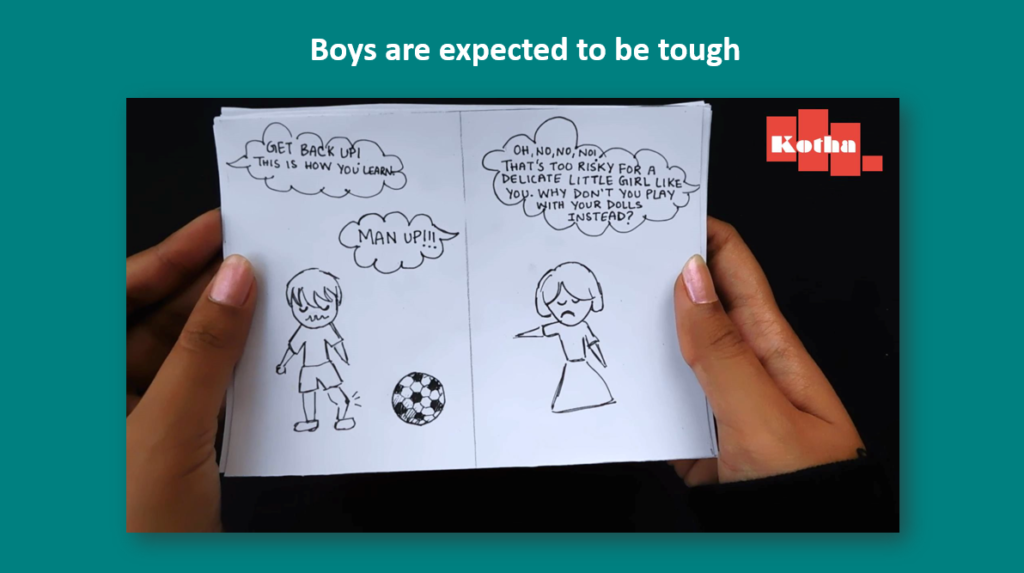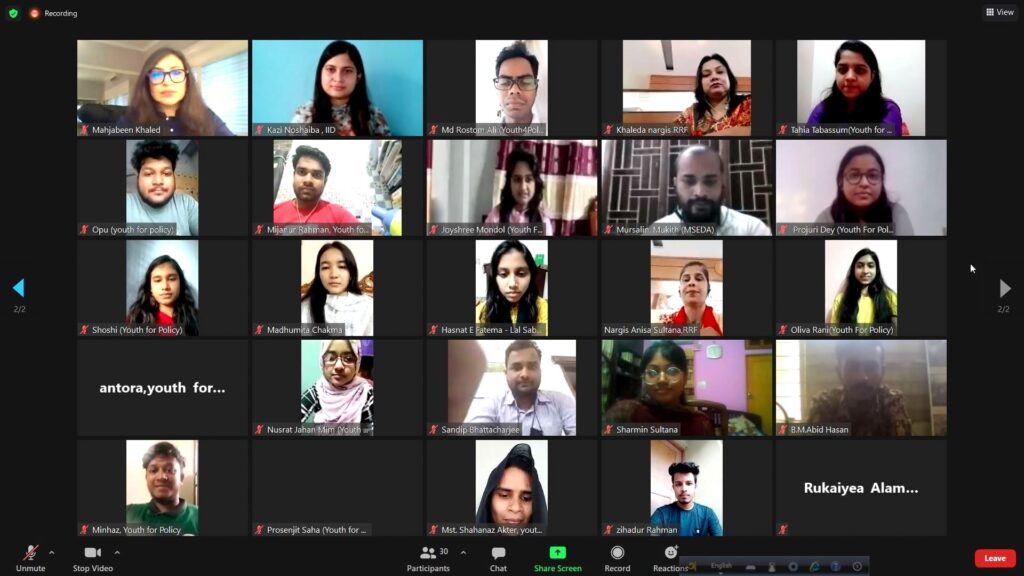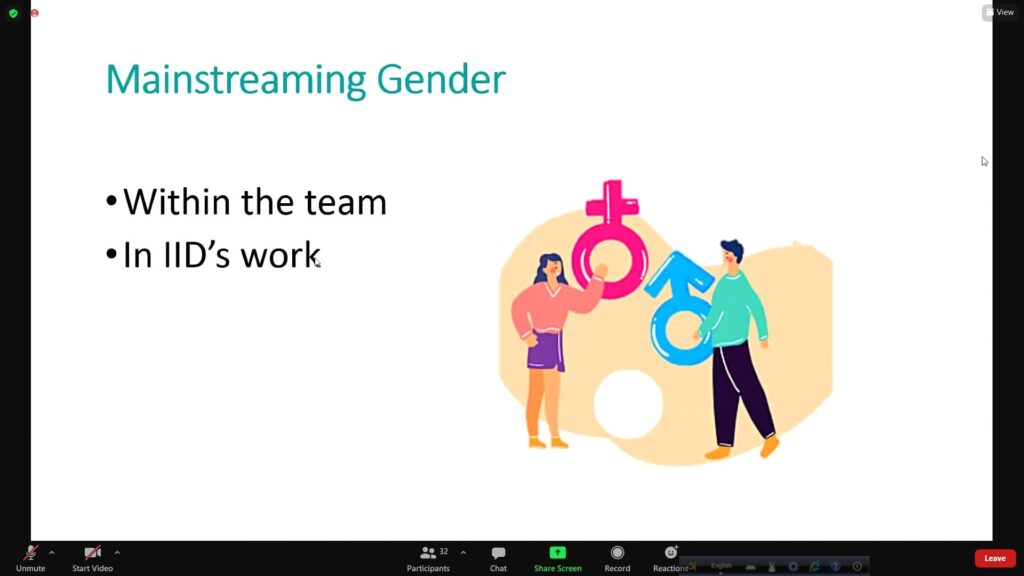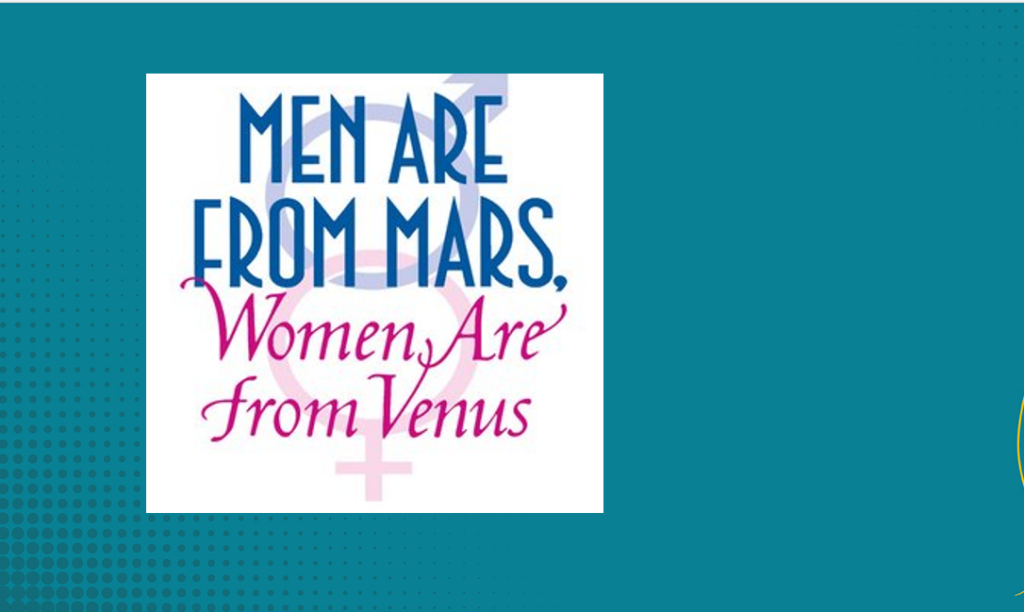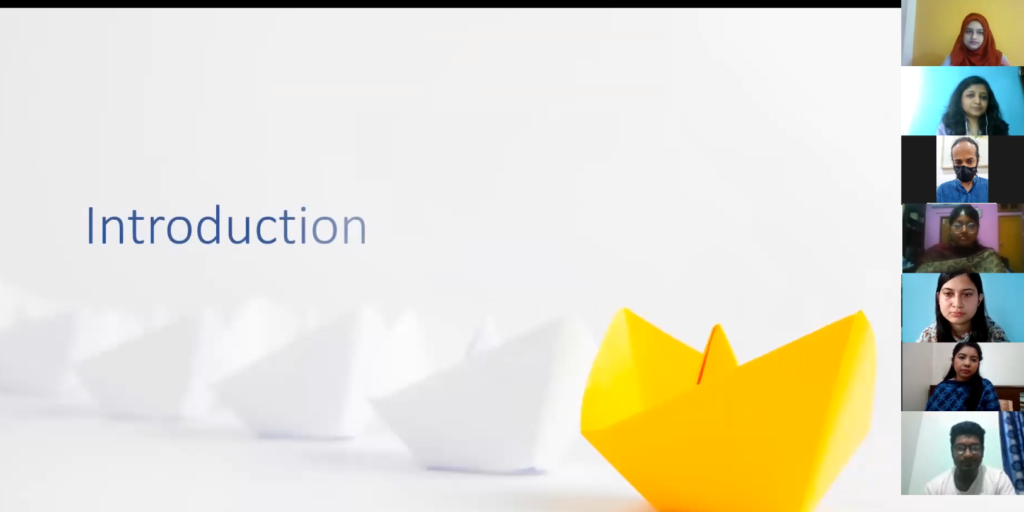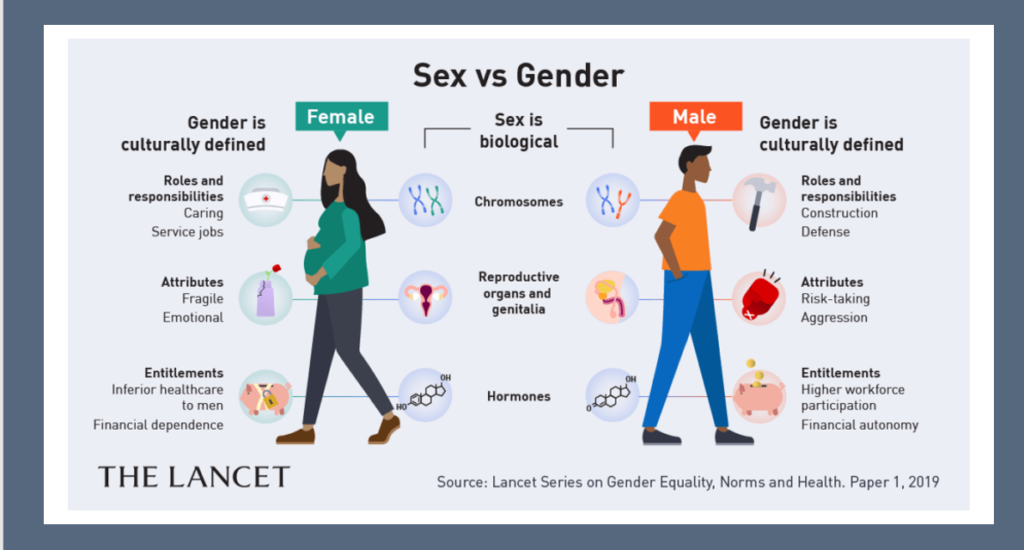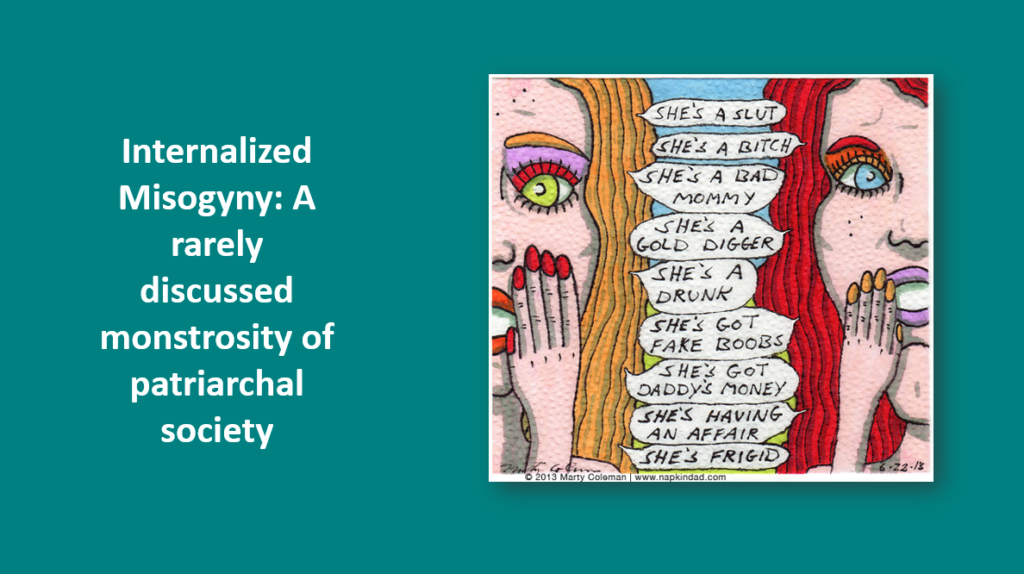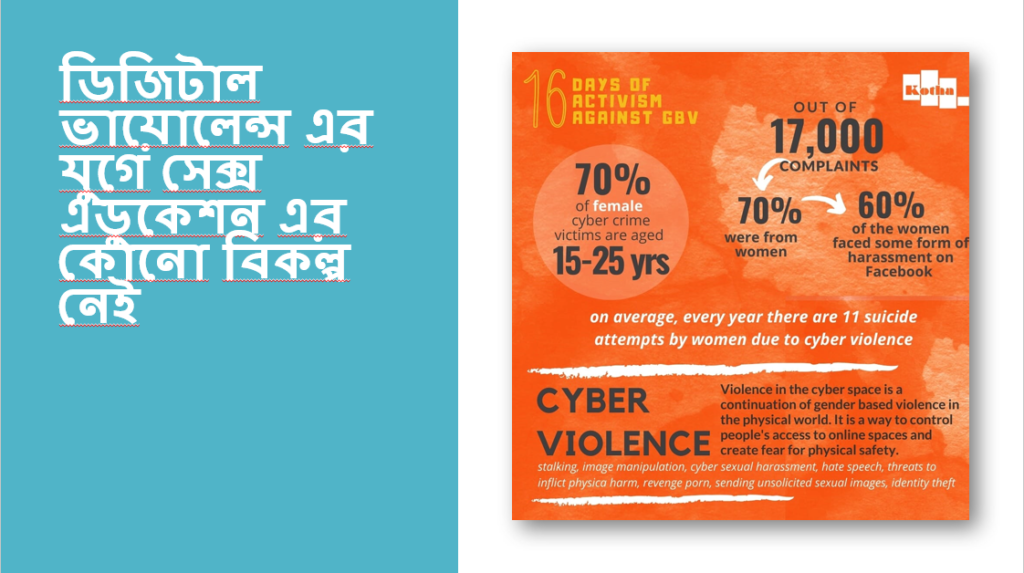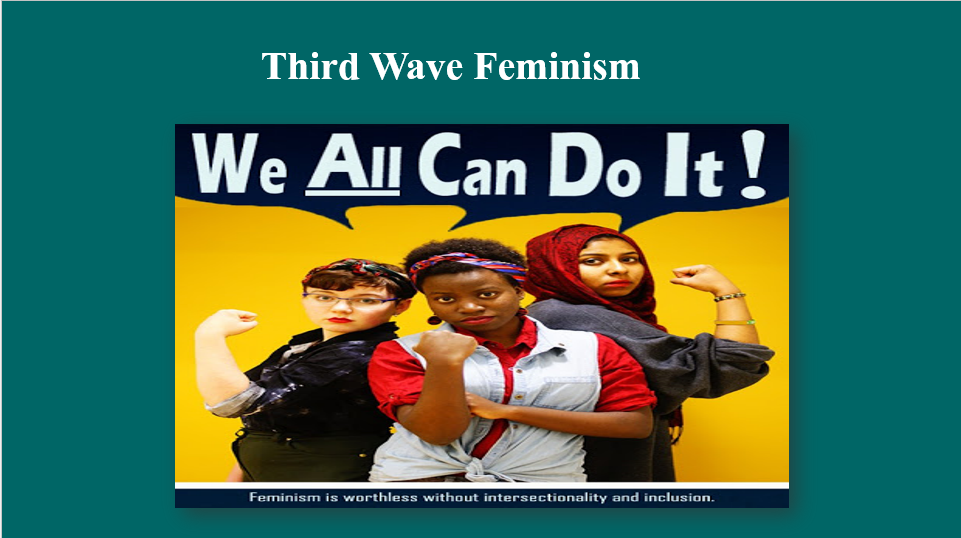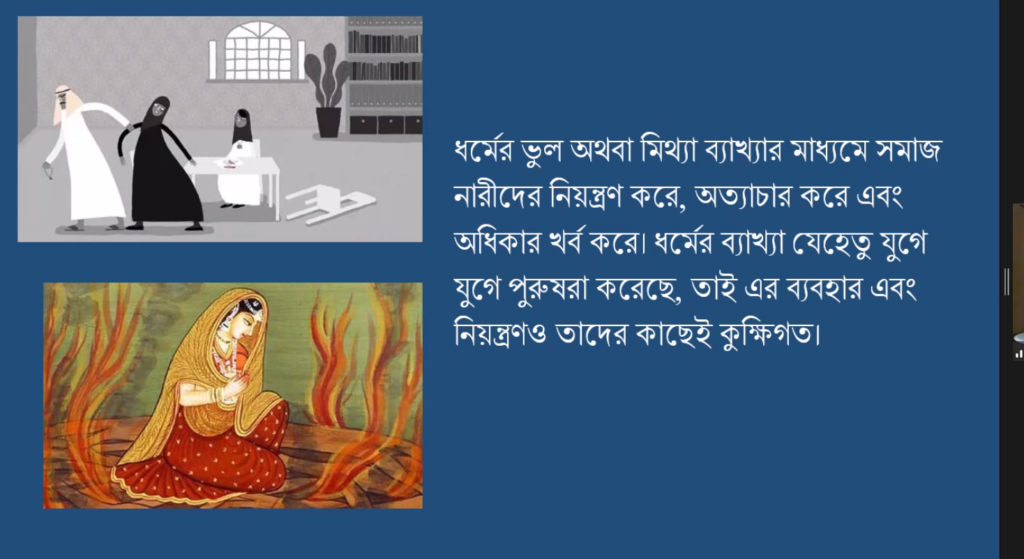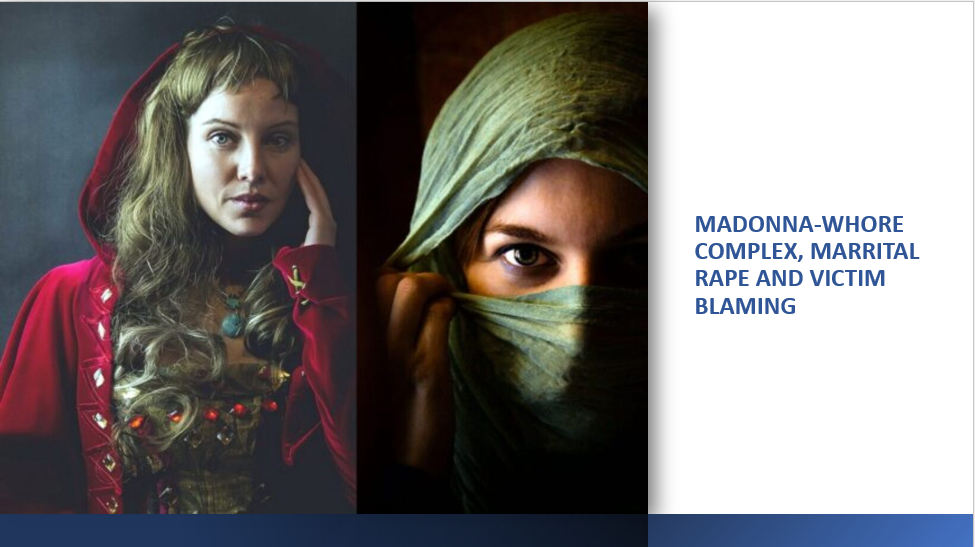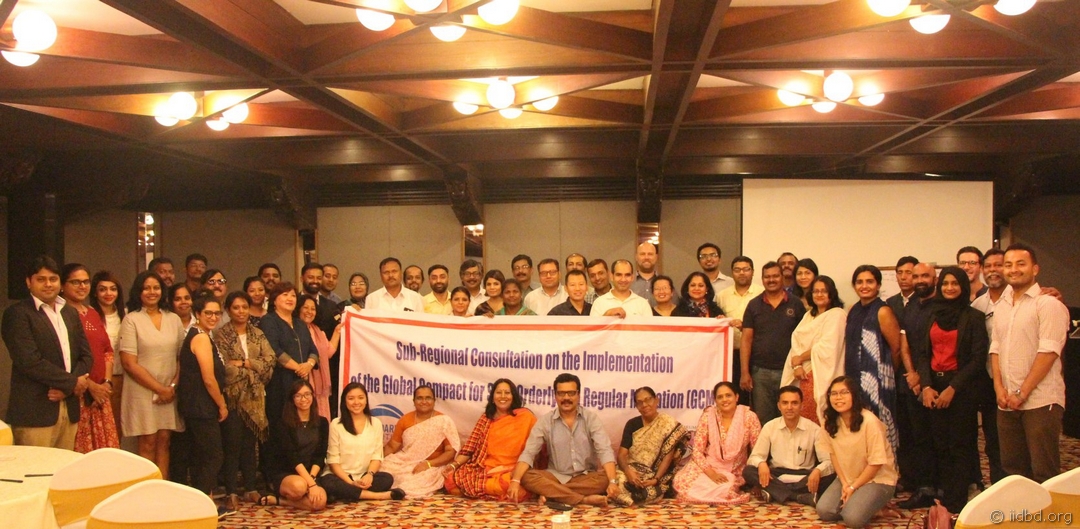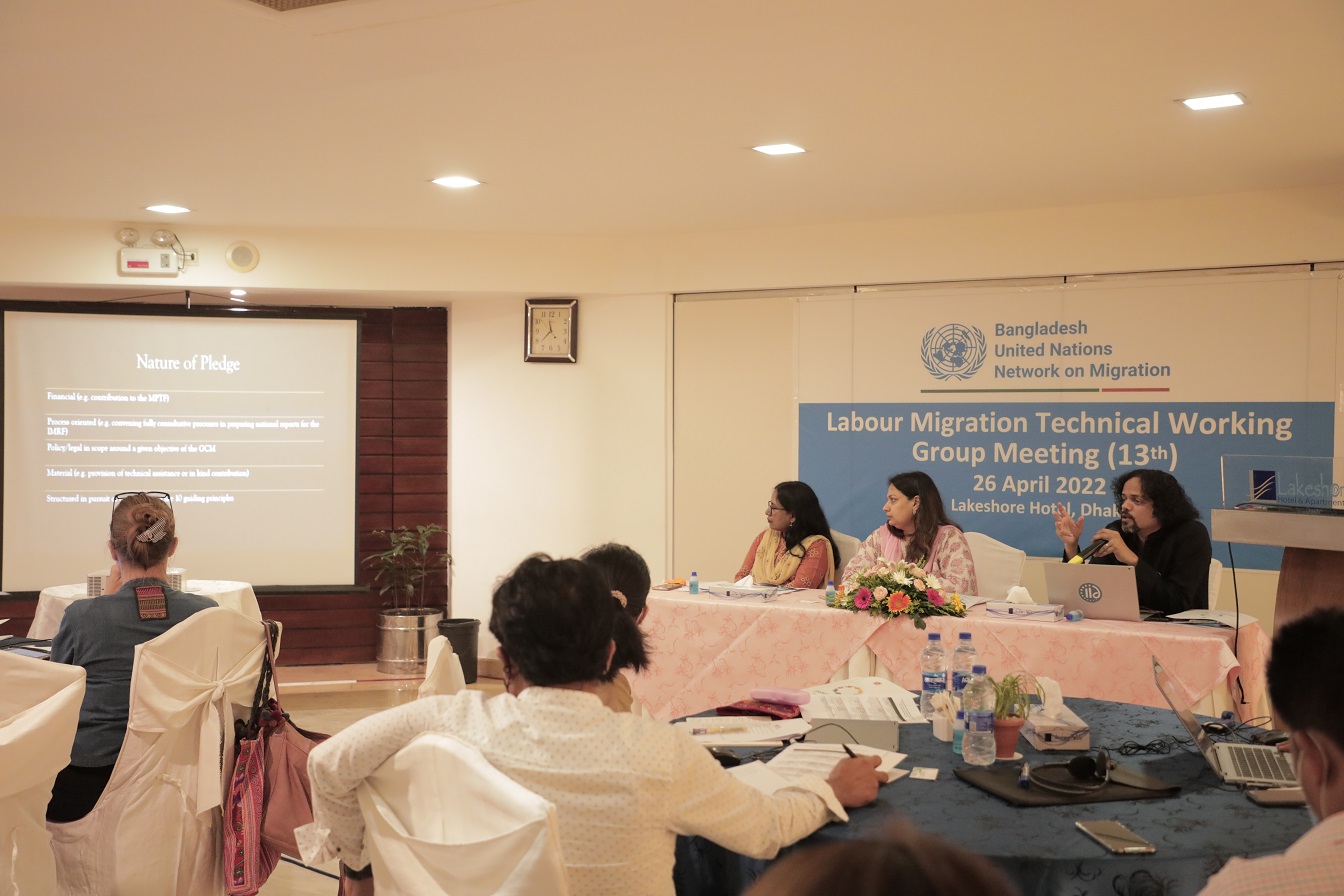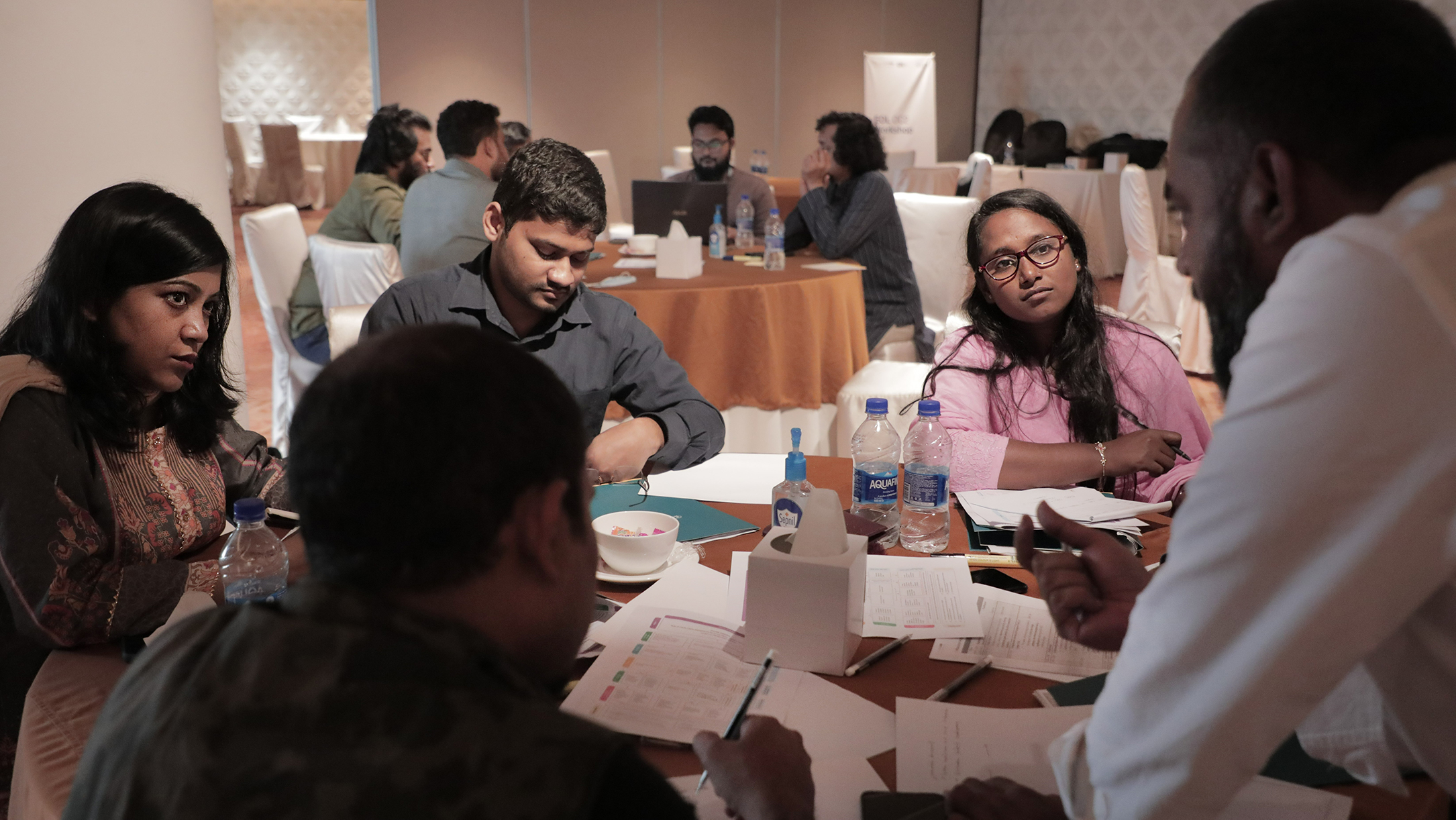25 young leaders were sensitized for seven weeks through online sessions and participating in various interactive and real world activities. The participants performed tasks, such as making lists of activities divided by gender roles and toxic masculinity traits from their own surroundings, conducting surveys about feminism, incorporating bystander intervention in real life scenarios, and suggesting ways to combat online harassment and victim blaming. The purpose of these activities were not only to promote awareness about gender issues, but also enable them to create active sexual harassment committes across various districts and institutions to reduce institutional abuse and sexual misconduct.
IID in partnership with British Council and PROKAS organized this online workshop on gender-based violence titled “Understanding Gender-based Violence: Sensitizing Youths for a Gender-Responsive Society” from 3rd June to 29th July. The primary objectives of this training was to sensitize youths against various concepts/issues propagating violence against women in their everyday life, Building their capacity through a process of experiential learning and personal empowerment and involving youths in creating awareness among relevant authorities.
Youth aged 18-35 years account for more than 33% of Bangladesh’s total population, making them crucial stakeholders in the prevention and elimination of violence against women and girls. With the current increase in violence against women on both online and offline platforms, it’s more crucial than ever to understand the underlying causes and how the youth can help avoid gender-based violence. That is why this gender training session was organized so that the youth would have proper information and understanding. 25 youth actively participated in the program.
The training program consisted of six sessions (each session of approximately 150 minutes). The training curriculum includes the following topics:
- Men are from Mars, Women are from Venus: Perpetuation of Gender Roles and Stereotypes
- The Unsettling Link between Patriarchy, Toxic Masculinity and Internalized Misogyny
- Feminism vs. Pseudo feminism: Opportunist or Ally?
- Absence of Sex Education: Ignorance of Female Pleasure
- Madonna-Whore Complex, Marital Rape and Victim Blaming
- Role of Religion and Laws in the persistence of Gender-based violence
Orientation: The orientation of the event was held on 3rd June 2021. Mahjabeen Khaled, Former MP & Secretary-General of Bangladesh Parliamentarians’ Caucus on Migration and Development inaugurated the orientation session. She stated that young people are a driving force for change and can use their knowledge, power and passion to challenge negative attitudes, gender stereotypes and behaviour that set in early and lead to violence. Emphasizing the urgency of the workshop, Syeed Ahamed, CEO, IID mentioned that the recent spike in violence against women, both on online and offline platforms made it critical to understand the root causes and how youth can work at the forefront to prevent gender-based violence.
Perpetuation of Gender Roles and Stereotypes: The first session was held on 10th June 2021. The session was focused on gender roles and stereotypes and their effect on men and women in their everyday life. Following the session, the participants were divided into three groups and given a task to complete. After studying themselves and their family members for a few days, the task was to make a list of activities that fall under the umbrella of gender roles and stereotypes and make a presentation based on that list.
The Unsettling Link between Patriarchy, Toxic Masculinity and Internalized Misogyny: The second session was held on 24th June 2021. In this session, the discussion was about how roles and expectations imposed by patriarchal society create a generational cycle of emotionally unavailable, aggressive, bully, and misogynist men with poor mental health. Following the session, the participants were given the task of compiling a list of toxic masculinity patterns based on their observations of the people in their immediate surroundings.
Feminism vs. Pseudo-feminism: The third session was held on 1st July 2021 on Feminism vs. Pseudo-feminism. The session focused on issues related to gender equality vs. gender stereotyping, male participation in feminism, historical Bangladeshi male contributions towards women’s empowerment, and opportunist men in feminism and the harm they cause. The session ended with group work which consisted of taking surveys based on questionnaires about feminism and presenting the findings in the following session.
Absence of Sex Education: The fourth session was held on 8th July on the role of sex education in combating gender-based violence. It included topics of how sex education can combat violence against women, harms of pornography, consent and choice, cyberbullying and online harassment, and various modes of bystander intervention. Lastly, the session ended with participant discussion and a task for the next session based on bystander intervention.
Madonna-Whore Complex, Marital Rape and Victim Blaming: The fifth session was held on 15th July 2021 and the topic was, “Madonna-Whore complex, marital rape and victim-blaming”. Issues of gender stereotyping in Bangladeshi media, Madonna-Whore complex, popular myths and misconceptions about rape and rape culture, how society normalizes victim blaming and shaming, and what we could do to stop these. The participants were given the task to find some comments on social media about victim-blaming and prepare their counter-arguments.
Role of Religion and Laws in the persistence of Gender-based violence: The sixth and last session was held on 27th July 2021 and the topic was, “Text and Context of Law and Religion in Gender Equality”. The session commenced with discussions about gender equality from the perspective of various popular religions around the world. The session and workshop ended with discussions about the fellowship of the participants and how they can use their gender sensitivity training to encourage local institutions to create sexual harassment committee to combat gender-based violence.
After the gender sensitization training, 14 young leaders were given fellowship so that they can encourage various educational institutions and establishments to create functioning sexual harassment committees, with accordance to the guidelines of the Bangladesh High Court.

